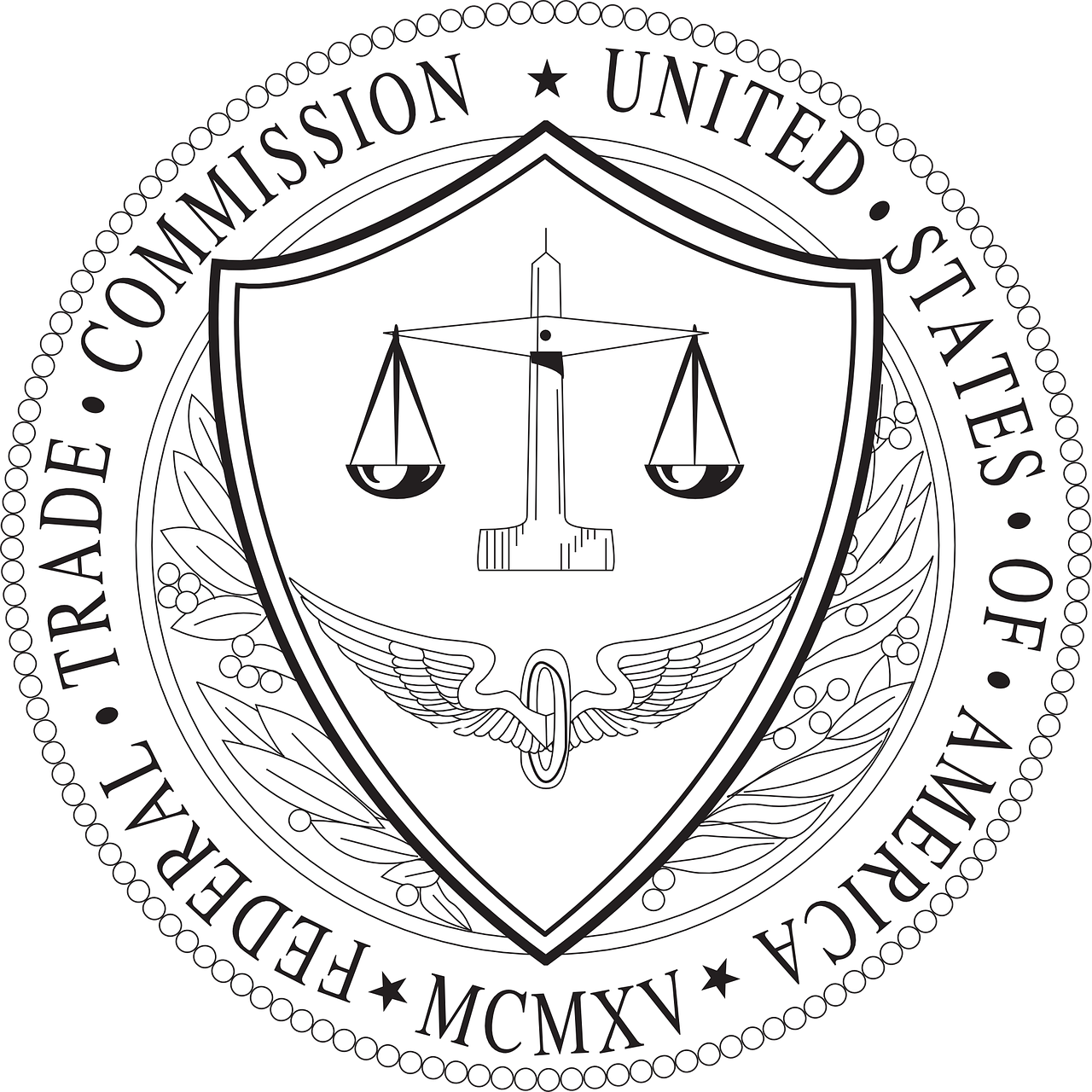Written by guest blogger Stewart Manley
I encountered unique challenges when I wrote about an ongoing legal case, Federal Trade Commission v. OMICS et al., for the Journal of Scholarly Publishing. I anticipated that the quarterly publishing cycle of JSP meant that it would take longer to publish my work than at a news outlet or blog, but I initially overlooked the fact that the legal case could develop—perhaps suddenly and significantly—at any moment between the time of editing and publishing. There was a risk therefore that the piece, if accepted, would lag behind what was actually happening in the case and, even worse, omit crucial information that readers would have learned about from more timely media.

Lloyd D. George Federal District Courthouse, Las Vegas, Nevada, USA
Location of the court that heard the FTC v. OMICS case.
At the same time, though, I did not want to wait until the case was over. It was unclear how much longer the proceedings would last. I could imagine a judgment still years away. Additionally, although the lawsuit had initially garnered interest in the press when it was filed in 2016, I had seen almost nothing after that, creating a gap that I thought my research could fill.
In their reply to my submission, the co-editors of JSP wisely expressed concern about how potential developments could impact my predictions on pending legal motions. They also suggested I consider not presenting the manuscript as part 1 of a series of progress reports, explaining that the article would appear in the April 2019 issue and no major edits could be made after early November. A lot can happen in a court case in five months. Their recommendation was to “time-proof” the article as much as possible so that it would remain relevant regardless of what might happen during the intervening months.
I removed the predictions, made it a stand-alone piece, and strengthened the sections that would not be affected by case developments. Every so often, I checked the online case records for updates. Between late July 2018 and early 2019, there was only a motion to delay the case, which was subsequently withdrawn. I was relieved in a way, hoping that nothing major would happen before the April publishing date. On 22 March, I submitted my formatting edits to the final proofs. The article was now ready for publishing.
Only seven days later, however, on 29 March, Judge Gloria Navarro of the U.S. District Court in Las Vegas, Nevada, issued a final judgment in favour of the FTC, accepting the FTC’s factual allegations as uncontroverted and granting a summary judgment without a trial. The news made the New York Times and Science. I felt a surge of panic in my chest, worrying that this development would require extensive revisions to my piece. After reading the judgment, however, I realised that our “time-proofing” had made changes unnecessary. I quickly contacted Robert Brown, a JSP co-editor, who kindly agreed to include a brief update at the end of my article.
In retrospect, things could not have worked out better. The suggestion to remove my predictions helped me avoid prognosticating about things that would turn out to have been already decided. Even better, the article in its final form is more useful to future readers. And I am glad that I wrote about the case when I did because the April issue of JSP was published online just a couple weeks after the judgment, making the article more timely than I could have hoped for.
FTC v. OMICS may not be over. OMICS has said it will appeal the decision. Perhaps there will be a part 2 after all.

Seal of the Federal Trade Commission
Stewart Manley is a lecturer for the Faculty of Law, University of Malaya. He can be reached at stewart.manley@um.edu.my. His articles, personal essays, poetry, and photography can be found at www.stewartmanley.com. Read his latest article in Journal of Scholarly Publishing Predatory Journals on Trial: Allegations, Responses, and Lessons for Scholarly Publishing from FTC v. OMICS free for a limited time here.
